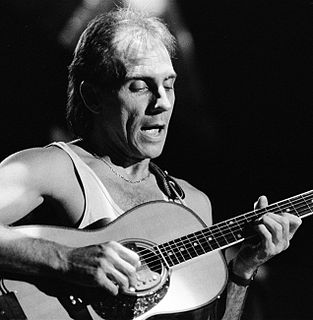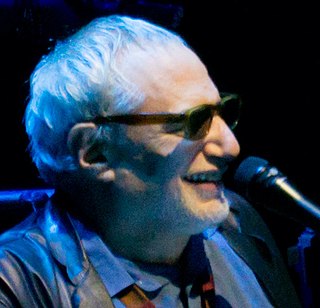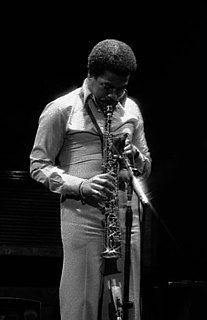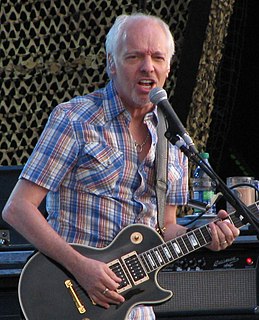A Quote by George Benson
People who love jazz musicians love us when we play what we want to play and we're starving. But as soon as you commercialize your sound like Wes Montgomery did, the jazz fans and the critics are down on you!
Related Quotes
As long as there is democracy, there will be people wanting to play jazz because nothing else will ever so perfectly capture the democratic process in sound. Jazz means working things out musically with other people. You have to listen to other musicians and play with them even if you don't agree with what they're playing. It teaches you the very opposite of racism and anti-Semitism. It teaches you that the world is big enough to accommodate us all.
I visited New York in '63, intending to move there, but I noticed that what I valued about jazz was being discarded. I ran into `out-to-lunch' free jazz, and the notion that groove was old-fashioned. All around the United States, I could see jazz becoming linear, a horn-player's world. It made me realize that we were not jazz musicians; we were territory musicians in love with all forms of African-American music. All of the musicians I loved were territory musicians, deeply into blues and gospel as well as jazz.
I listened to classical music. I listened to jazz. I listened to everything. And I started becoming interested in the sounds of jazz. And I went to a concert of Jazz at the Philharmonic when we lived in Omaha, Nebraska, and I saw Charlie Parker play and Billie Holiday sing and Lester Young play, and that did it. I said, 'That's what I want to do.'
My first love in music was jazz, but I like it all," "I reacted emotionally to Art Blakey and, of course, to Joe Pass and Wes Montgomery. I was all of 16 when I had my first guitar lesson with Joe. But I never focused on being a bebop player. I loved the harmony, rhythm and phrasing, but I wanted to apply them to my own concept and sound.
Jazz is an endless source of ideas, because you can use anything. You can play operatic arias. You can incorporate them into jazz. You can play gypsy music and incorporate it into jazz. You can European classical and you can incorporate it into jazz. You can use anything and jazz it up, as they used to say.
We don't live in a jazz world, unfortunately. I think if I had lived in a jazz world, I would have done OK. I'm not sure I would have done great. I'm a lover of jazz music, so I would have been happy, don't get me wrong. I go to jazz concerts like the biggest jazz fan in world. The drag is that I don't play jazz for a living.
I love jazz. So to me, there are two main types of jazz. There's dancing jazz, and then there's listening jazz. Listening jazz is like Thelonius Monk or John Coltrane, where it's a listening experience. So that's what I like; I like to make stuff that you listen to. It's not really meant to get you up; it's meant to get your mind focused. That's why you sit and listen to jazz. You dance to big band or whatever, but for the most part, you sit and listen to jazz. I think it comes from that aesthetic, trying to take that jazz listening experience and put it on hip-hop.

































